Directory
- Share
Noreen Von Cramon-Taubadel
- Alumni
- Ireland
- 2004 PhD Biological Anthropology
- St John's College

Noreen Von Cramon-Taubadel
- Alumni
- Ireland
- 2004 PhD Biological Anthropology
- St John's College
My fascination for human evolution grew from my zoological training and a desire to become involved in one of the least objective academic fields-research into our very own origins.My future career goals are to carve a research niche in Anthropology and to become an active educator within the field.I believe it is important for students to develop an appreciation of the time-depth involved in the history of our species.The Gates Scholarship affords me the opportunity to pursue my ambitions.
Halliki Voolma
- Alumni
- Estonia
- 2011 PhD Multi-Disciplinary Gender Studies
- King's College
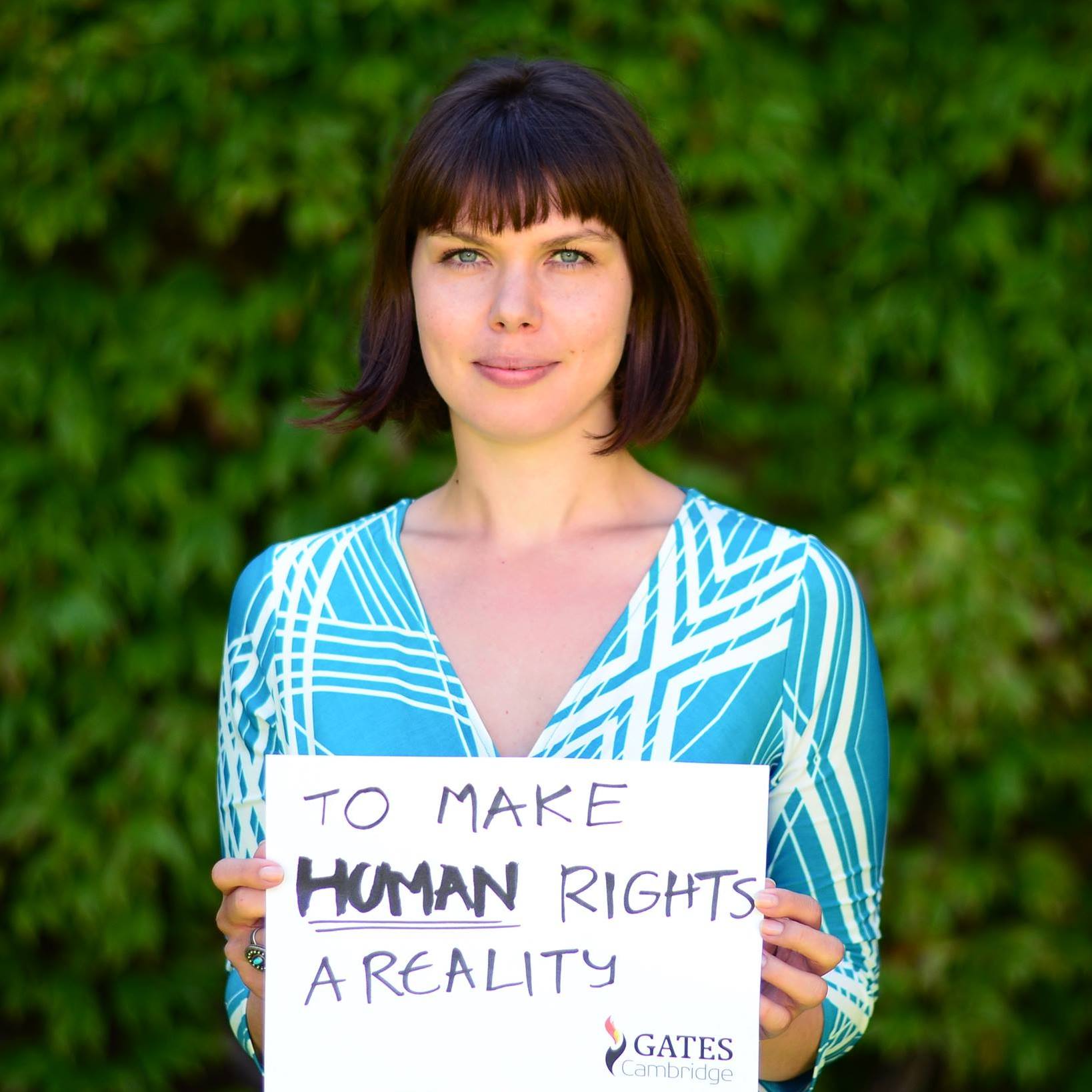
Halliki Voolma
- Alumni
- Estonia
- 2011 PhD Multi-Disciplinary Gender Studies
- King's College
I was born in Tallinn, Estonia, but at the age of ten moved to Hungary with my family and then to the UK for university. I earned my Bachelors, MPhil and a PhD degree at King's College, Cambridge where I was awarded a Gates scholarship for my PhD. My doctoral research at the Department of Politics and International Studies addressed intimate partner violence against women with insecure immigration status in England and Sweden. The study combined survivor and stakeholder interviews with an analysis of theory and national politics. I have also worked with UN Women on the international women, peace and security agenda, and on gender (in)equality research projects as part of a European Commission grant programme and a European Parliament initiative. After finishing my PhD I directed a Health Estonia Foundation spin-off “Action-Metre” - a collective awareness online platform which provides accessible and evidence-based information on the large-scale societal outcomes of individual everyday micro-actions. I am now working at the European Commission on gender equality policy. Dance is one of my life-long passions and at Cambridge I competed with and captained the Cambridge University Dancesport Team.
Rebecca Voorhees
- Alumni
- United States
- 2007 PhD Molecular Biology
- Clare College
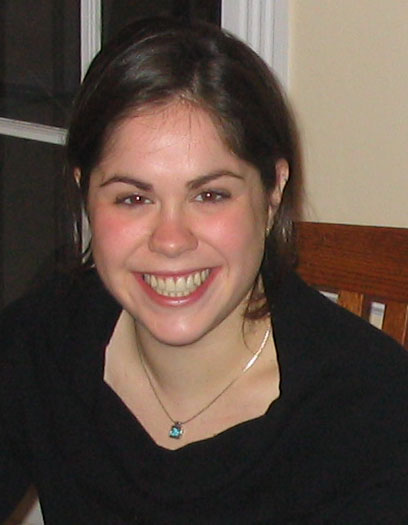
Rebecca Voorhees
- Alumni
- United States
- 2007 PhD Molecular Biology
- Clare College
My work at Cambridge will focus on using x-ray crystallography to study the ribosome, a macromolecule responsible for synthesizing proteins in all cells across biology. During my last year as an undergraduate I synthesized a novel inhibitor that I hope to co-crystallize with the full ribosome. By determining the structure of this enzyme-inhibitor complex, I hope to address fundamental questions about how the ribosome catalyzes protein synthesis on a molecular level. The Gates Scholarship has given me the incredible opportunity to pursue this collaborative research at Cambridge with some of the world's experts in the field.
Pongsiri Vorapongse
- Alumni
- Thailand
- 2011 PhD Politics and International Studies
- St John's College
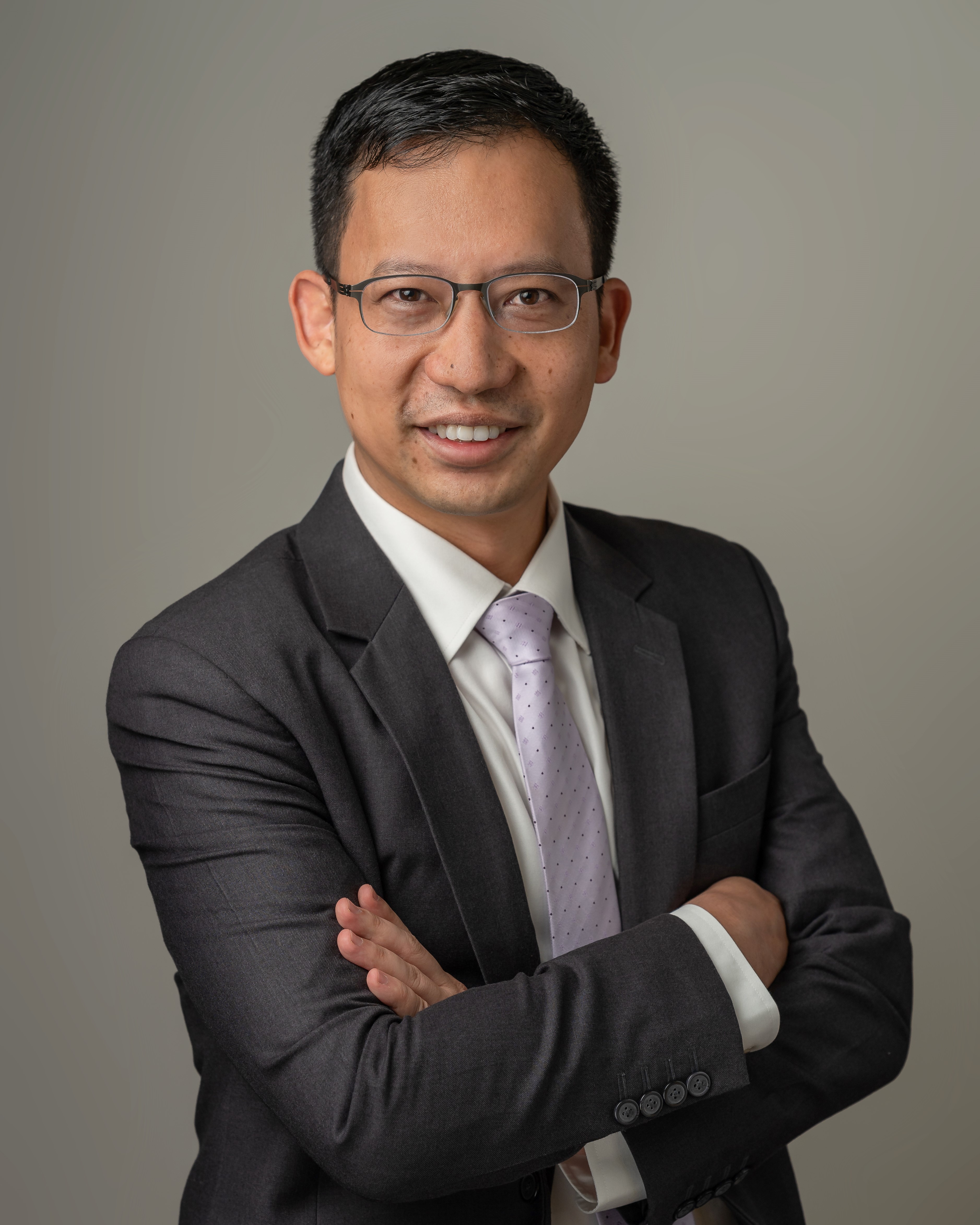
Pongsiri Vorapongse
- Alumni
- Thailand
- 2011 PhD Politics and International Studies
- St John's College
In my current role at the Monetary Authority of Singapore's (MAS) Sustainability Group, I leverage finance to catalyze the global net zero transition. I shape policies and build partnerships that support financial institutions’ adoption and implementation of net zero strategies.
I believe the financial industry must demonstrate climate credentials, manage risks, and seize new business opportunities from the low-carbon transition, while making an impact through financing real-world decarbonization and stewardship of portfolio companies.
Throughout my previous works in diplomacy and the corporate sector, I advanced new strategies and drove projects that helped government and business deliver sustainability outcomes. I have made significant contributions on a wide range of issues, such as driving the adoption of the UN Guiding Principles on Business and Human Rights in Thailand and combatting illegal fishing and trafficking in persons in the Thai seafood supply chains.
A member of St John's College, I graduated with a PhD in Politics and International Studies in 2015. My dissertation on the politics of monetary policy reform in post-1997 Thailand reflects my interdisciplinary interest in macroeconomic policy, finance, and Southeast Asia policy economy.
I hold an MA in International Relations from Johns Hopkins University-SAIS and a BA in Economics (First-class Honours) from Thammasat University.
Previous Education
Johns Hopkins University MA in International Relations 2009
Thammasat University BA in Economics 2006
Tristan Vornbäumen
- Scholar
- Germany
- 2022 PhD Infection and Immunity
- Girton College
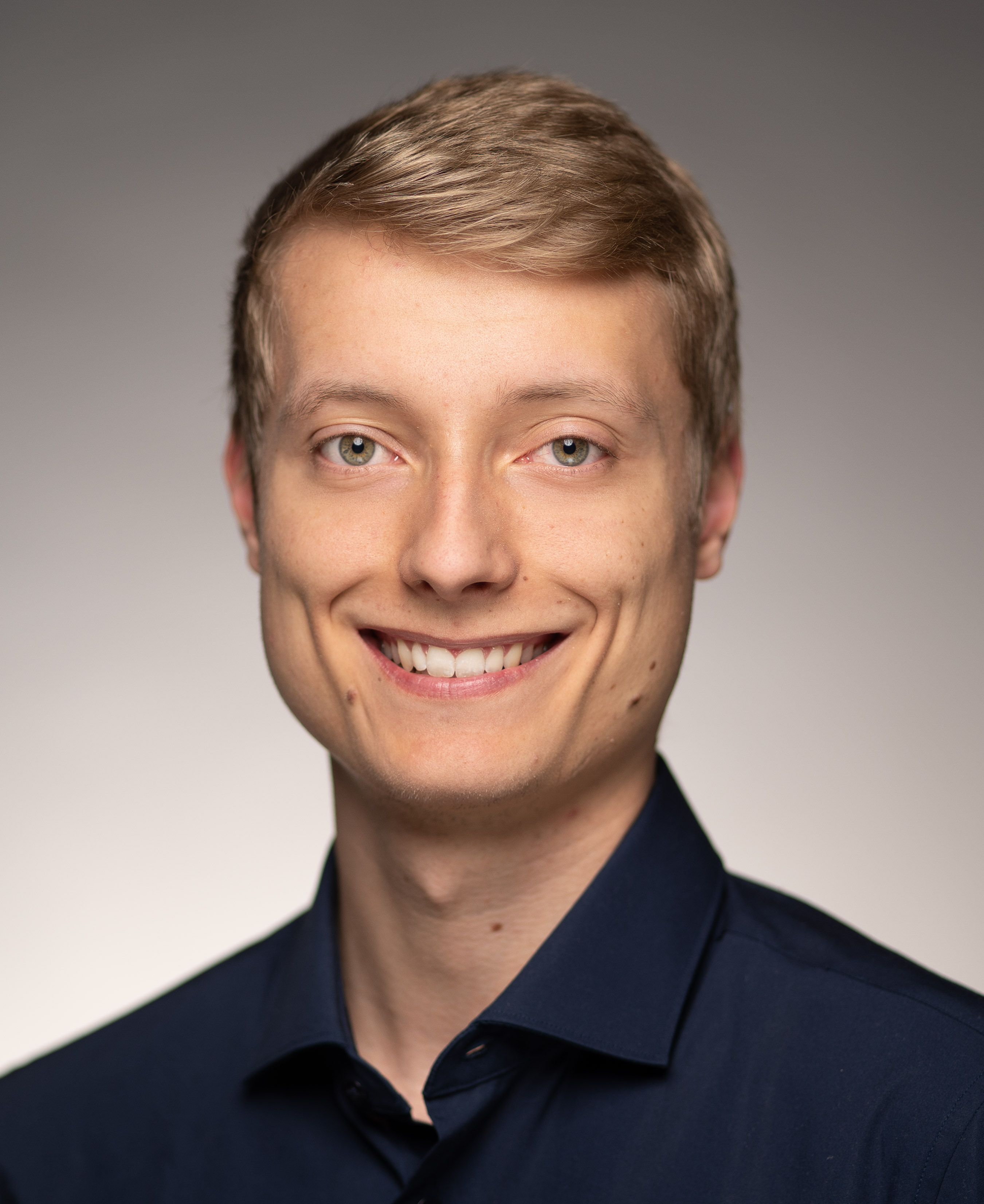
Tristan Vornbäumen
- Scholar
- Germany
- 2022 PhD Infection and Immunity
- Girton College
As an undergraduate, I became fascinated by the complex biochemical apparatus that controls the immune system and how dysregulations lead to severe diseases like autoimmunity or cancer. Through training at the Massachusetts General Hospital, I soon focused my research on metabolic programs in immune cells, such as T cells, which are essential for a properly functioning immune system. Upon activation, T cells undergo rapid clonal expansion and differentiation, and these energy-expensive processes require lots of iron. Iron is essential for life and activated T cells have to ensure that iron can be rapidly taken up from the circulation and incorporated into enzymes that support metabolism. Although it is well established that dysregulated iron metabolism in T cells results in severe immunological pathologies, we still lack many mechanistical insights. With my PhD project, I hope to shed more light into these poorly understood mechanisms and ultimately provide new genetic factors that can be explored for therapeutic intervention of T cell-driven pathologies. It is a great honor to be joining the Gates Cambridge community and I look forward to working with fellow scholars to unlock the potential of future science-driven innovations.
Previous Education
Eberhard-Karls-Universitat Tubingen Biochemistry 2022
Friedrich-Schiller-Universität Jena Biochemistry/Molecular Biology 2019
Emmah Wabuke
- Alumni
- Kenya
- 2020 PhD Multi-disciplinary Gender Studies
- Selwyn College
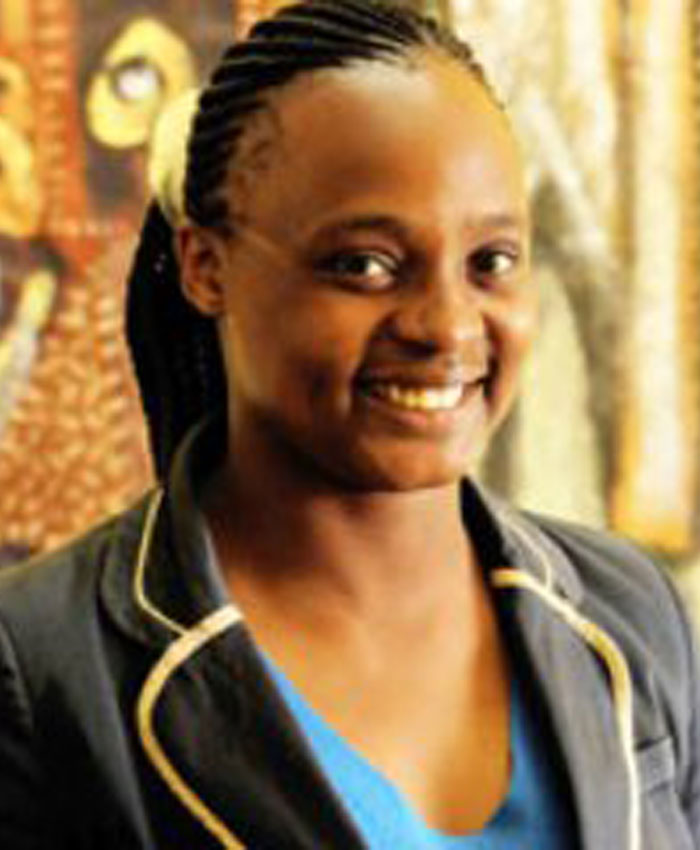
Emmah Wabuke
- Alumni
- Kenya
- 2020 PhD Multi-disciplinary Gender Studies
- Selwyn College
My first interaction with theorising gender and violent extremism was prompted by a personal tragedy in 2015 when my cousin fell victim to an Al-Shabaab terrorist attack at Garissa University, Kenya. Two years later, during my post-graduate studies, I wrote two papers on the said theme, including, in my thesis, 'Female Militancy in Terrorist Groups and the African Union Response', where I analysed women's experiences as members of terrorist groups operating in Africa.It is my goal to build a career around gender and violent extremism in Africa. This PhD Program and specifically being part of the Gates Cambridge Community will enable me to achieve this goal by equipping me with the substantive knowledge required to advance my teaching career on gender and armed conflict in Africa, and help me grow its currently-limited profile in the continent. Second, this program will help me galvanise advocacy networks with the diverse calibre of candidates that it will no doubt attract. I would then be able to take this experience and apply it to whatever future capacity I will occupy to advance the overall goal in creating a holistic approach to understanding gender and violent extremism not only in Africa but also the globe over.
Previous Education
Harvard University Law 2017
University Of Nairobi Law 2016
Rishi Wadhera
- Alumni
- United States
- 2008 MPhil Public Health
- St John's College

Rishi Wadhera
- Alumni
- United States
- 2008 MPhil Public Health
- St John's College
Exposures to dire health conditions in less-fortunate communities domestically and internationally ignited my interest in public health. In college I immersed myself in public-health initiatives by spending summers volunteering at charity clinics in India and working for community-based programs in Managua, Nicaragua. I plan to build upon these experiences by completing a MPhil in Public Health at Cambridge. Through this program, I will gain a deeper understanding of how to apply public health assessment, epidemiological principles, and interventional design to address health disparities. My passion is to utilize this foundation in public health and medicine to tackle emerging health issues in underprivileged communities.
Catherine Wagner
- Scholar
- United States
- 2025 MPhil Data Intensive Science
- Corpus Christi College
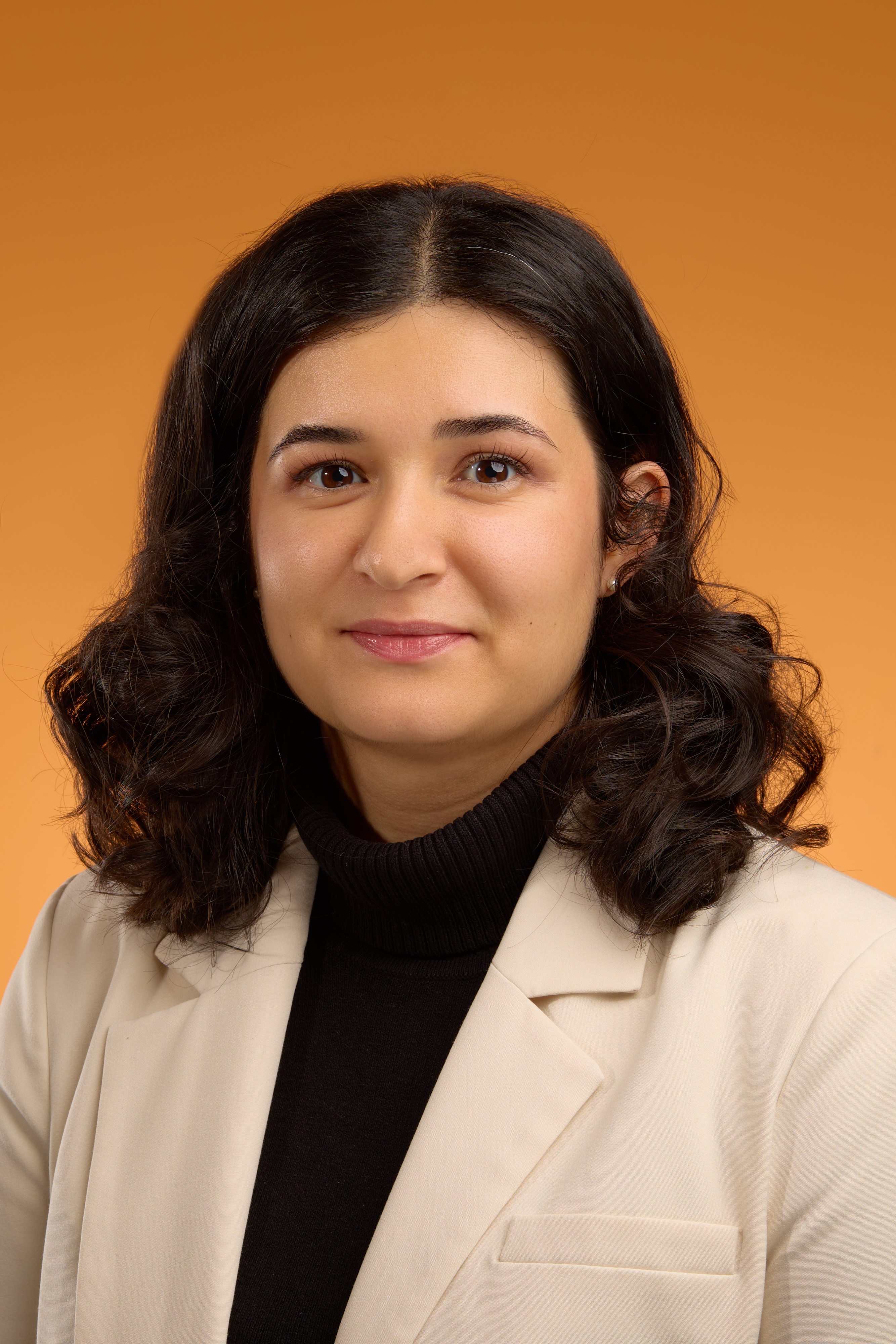
Catherine Wagner
- Scholar
- United States
- 2025 MPhil Data Intensive Science
- Corpus Christi College
While studying Chemical Engineering and Spanish Language and Literature at North Carolina State University, I developed an interest in vaccine manufacturing and the complex societal factors that determine global access to vaccination. After graduation, I spent three years in the Merck Manufacturing Leadership Development Program, supporting critical projects in the U.S. and abroad; I subsequently became an Operations Manager. I have also volunteered with the Purdue University Biotechnology Innovation and Regulatory Science (BIRS) program as an industry guest lecturer, working to equip students in sub-Saharan Africa with the skills to launch localized vaccine manufacturing. My career has given me insight into the vast amounts of data generated by complex processes, and I am keenly interested in leveraging this data to move the field forward. During my MPhil in Data Intensive Science at Cambridge, I will explore how data science can streamline pharmaceutical manufacturing, contributing to higher yields, lower costs per dose, and ultimately greater access for patients. I’m excited to join the Gates Cambridge community and look forward to collaborating with passionate scholars to improve the lives of others around the world.
Previous Education
North Carolina State University Biomanufacturing
North Carolina State University Spanish Language & Literature
Marissa Wagner
- Alumni
- United States
- 2002 MPhil Biological Science
- Hughes Hall

Marissa Wagner
- Alumni
- United States
- 2002 MPhil Biological Science
- Hughes Hall
Brady Wagoner
- Alumni
- United States
- 2005 PhD Social and Political Science
- Corpus Christi College

Brady Wagoner
- Alumni
- United States
- 2005 PhD Social and Political Science
- Corpus Christi College
Brady Wagoner is Professor of Psychology at Aalborg University, Denmark. His research focuses on social and cultural psychology, remembering, social change, and the development of dynamic methodologies. He was the co-creator of the Sir Frederic Bartlett Internet Archive and is an associate editor for the journals Culture & Psychology and Peace & Conflict. He has over eighty publications, including eight books, and has received a number of prestigious professional awards, such as the Sigmund Koch Prize in 2009. His most recent books are The Constructive Mind: Bartlett's Psychology in Reconstruction (Cambridge University Press), The Psychology of Imagination: History, Theory and New Research Horizons (Info Age), and The Oxford Handbook of Culture and Memory (Oxford University Press).
Daniel Walden
- Alumni
- United States
- 2012 MPhil Music Studies
- King's College
Daniel Walden
- Alumni
- United States
- 2012 MPhil Music Studies
- King's College
Originally from Berkeley, California, I graduated from Oberlin College and Conservatory with degrees in Classics and Piano Performance and a minor in Historical Performance. I have published articles on the relation between music and visual representation in illustrated manuscripts by Felix Mendelssohn and Paul Hindemith, and on the ways the study of performance on historical keyboards can shape interpretation on the modern piano. My primary MPhil research project at Cambridge will consider the dynamic intersections between music, Classical philosophy, and the visual arts. I will investigate how 16th-century Italian composers and philosophers turned to Classical antiquity to develop a unique culture of scientific, musical, and even magical experimentation that had an enduring influence on music theory and architectural practice. I also look forward to participating in the vibrant musical community at Cambridge as a performer on harpsichord and piano.
Links
Ilana Walder-Biesanz
- Alumni
- United States
- 2013 MPhil European Literature and Culture
- Corpus Christi College
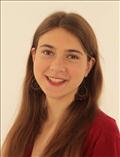
Ilana Walder-Biesanz
- Alumni
- United States
- 2013 MPhil European Literature and Culture
- Corpus Christi College
I spent my undergraduate years studying Systems Engineering, including summers designing software for Microsoft. To complement my engineering education, I also pursued my interests in philosophy, literature and theater, a pursuit I will continue as an MPhil student at Cambridge studying European Literature and Culture. My research focuses on early modern plays that were re-written during the Romantic movement, with a particular emphasis on Spain (Don Juan) and Germany (Faust). I hope to eventually combine my diverse interests--either as an academic endeavor in which I explore questions at the intersection of engineering, philosophy, and literature (for instance, the philosophy of mind and language implications of developments in artificial intelligence) or as a political endeavor in which I help to shape laws and ethical guidelines related to new technologies. I am thrilled to be a part of the Gates and Cambridge communities as I work to realize this dream.
Felix Waldmann
- Alumni
- Australia
- 2010 MPhil Political Thought & Intellectual History
- Gonville and Caius College
Felix Waldmann
- Alumni
- Australia
- 2010 MPhil Political Thought & Intellectual History
- Gonville and Caius College
Samuel Walker
- Alumni
- Canada
- 2010 LLM Law
- Trinity College
Samuel Walker
- Alumni
- Canada
- 2010 LLM Law
- Trinity College
Originally from Montreal, Canada, I am thrilled to find myself in Cambridge reading for a Master's in Law (LL.M.) with the support of a Gates Scholarship. My studies focus on public international law, in particular human rights and armed conflict, as well as criminal law. I hope to develop a career in either academia, international law or criminal law. My overarching aim is to better understand how law can be used to make the welfare of humanity a practical objective. In recent years, I have worked in the War Crimes Chamber of the State Court of Bosnia-Herzegovina in Sarajevo, represented refugees and new immigrants at legal aid clinics in Kampala and Montreal, was employed by a law firm in New York, and studied on exchange in Jerusalem. In 2011-2012, I will be a Law Clerk to the Honourable Justice Morris Fish of the Supreme Court of Canada.
Cara Wall
- Alumni
- United States
- 2001 PhD Biological Anthropology
- St Edmund's College

Cara Wall
- Alumni
- United States
- 2001 PhD Biological Anthropology
- St Edmund's College
Derron Wallace
- Alumni
- United States
- 2010 PhD Education
- St John's College

Derron Wallace
- Alumni
- United States
- 2010 PhD Education
- St John's College
Derron Wallace is a sociologist of race, ethnicity and education. He specializes in cross-national studies of structural and cultural inequalities in urban schools across global cities. His current research examines the educational outcomes of Black youth in London and New York City.
Derron is a Phi Beta Kappa and summa cum laude graduate of Wheaton College (Massachusetts), where he studied sociology and the African diaspora. He earned his Ph.D. at the University of Cambridge, and was awarded American Educational Research Association's Distinguished Dissertation Award in 2015.
With wide-ranging experiences in educational activism, analysis, policy and research, Derron has worked with nomads in Ethiopia, young people with disabilities in Rwanda, immigrant youth in London, economically disadvantaged rural youth in Jamaica, English language learners in Thailand and gifted students in New York City. He served as Special Assistant to the Minister of Education in Rwanda. He also worked as a professional community organizer and consultant with local educational authorities in London.
Aya Waller-Bey
- Alumni
- United States
- 2015 MPhil Education (Thematic route)
- Clare Hall

Aya Waller-Bey
- Alumni
- United States
- 2015 MPhil Education (Thematic route)
- Clare Hall
Aya M. Waller-Bey is a proud Detroiter and Ph.D. candidate in Sociology at the University of Michigan where she also received her M.A. in Sociology in 2021. For undergrad, Aya attended Georgetown University in Washington, D.C., majoring in Sociology, graduating Cum Laude. After graduation, Aya remained at Georgetown working as an Admissions Officer and the Coordinator of Multicultural Recruitment in the Office of Undergraduate Admissions. In 2015, she was awarded the Gates Cambridge Scholarship to the University of Cambridge in England—a scholarship awarded to only 40 people in the U.S. each year—and completed her Master of Philosophy in Education.
Aya has shared her insights on postsecondary access, diversity, and inclusion in op-eds in Forbes, Huffington Post U.K., University World News, and the 2016 White House Summit for Advancing Postsecondary Diversity and Inclusion. Her leadership and research have also been highlighted in a PBS Newshour special and the Cambridge Alumni Magazine, the Washington Post, and the University World News. She continued her commitment to access and inclusion through her work with national, not-for-profits and spoke with staffers on the Hill in September 2018 about advancing higher education policy that serves historically underrepresented college students. In March 2019, Aya discussed the experiences of historically disadvantaged students attending elite institutions as a panelist at SXSW Education in Austin, Texas.
Aya’s research on trauma narratives in college essays has also received national and local praise. In March 2020, Aya was selected as a Ford Foundation Predoctoral Fellowship awardee—a prestigious fellowship awarded by the National Academies of Science, Engineering, and Medicine aimed to increase the diversity of the national college and university professoriate. Aya received an invitation from the Aspen Center for Physics Virtual Winter Conference 2021 to present her research at the winter conference. She was also one of 20 graduate students to receive the National Center for Institutional Diversity Anti-Racism Summer Research Grant for her dissertation project titled, “I didn’t want it to be a sob story”: Black Student Identity Narration in College Personal Statements” in 2021. She has presented her research at the University of Amsterdam, University of Florida Center for Public Interests Communication frank gathering, and symposiums at the University of Michigan.
Previous Education
Georgetown University
Darragh Walsh
- Alumni
- Ireland
- 2001 CASM Mathematics
- St John's College

Darragh Walsh
- Alumni
- Ireland
- 2001 CASM Mathematics
- St John's College








